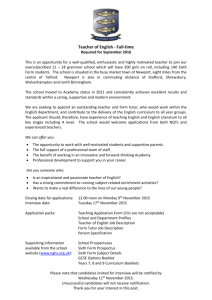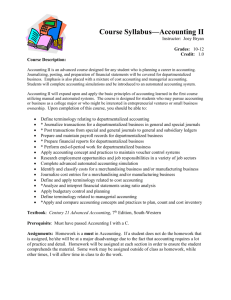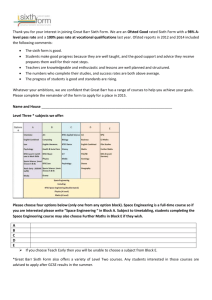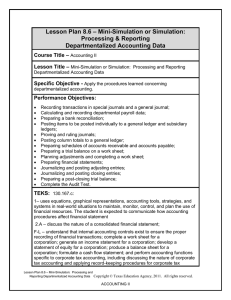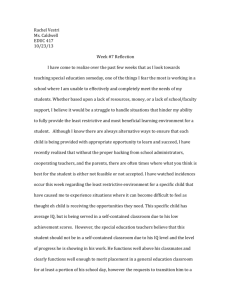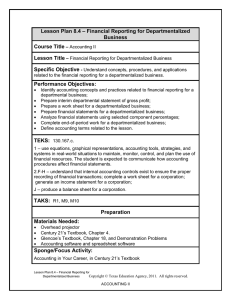Harris`s (1996) study was on departmentalization and self
advertisement
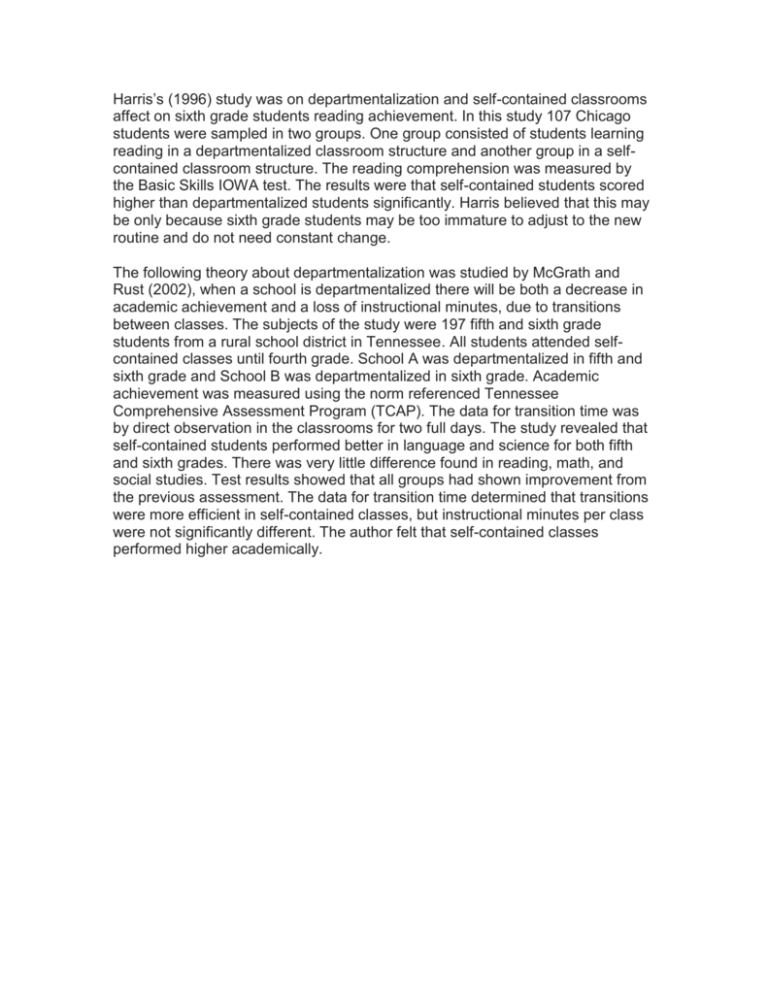
Harris’s (1996) study was on departmentalization and self-contained classrooms affect on sixth grade students reading achievement. In this study 107 Chicago students were sampled in two groups. One group consisted of students learning reading in a departmentalized classroom structure and another group in a selfcontained classroom structure. The reading comprehension was measured by the Basic Skills IOWA test. The results were that self-contained students scored higher than departmentalized students significantly. Harris believed that this may be only because sixth grade students may be too immature to adjust to the new routine and do not need constant change. The following theory about departmentalization was studied by McGrath and Rust (2002), when a school is departmentalized there will be both a decrease in academic achievement and a loss of instructional minutes, due to transitions between classes. The subjects of the study were 197 fifth and sixth grade students from a rural school district in Tennessee. All students attended selfcontained classes until fourth grade. School A was departmentalized in fifth and sixth grade and School B was departmentalized in sixth grade. Academic achievement was measured using the norm referenced Tennessee Comprehensive Assessment Program (TCAP). The data for transition time was by direct observation in the classrooms for two full days. The study revealed that self-contained students performed better in language and science for both fifth and sixth grades. There was very little difference found in reading, math, and social studies. Test results showed that all groups had shown improvement from the previous assessment. The data for transition time determined that transitions were more efficient in self-contained classes, but instructional minutes per class were not significantly different. The author felt that self-contained classes performed higher academically.
